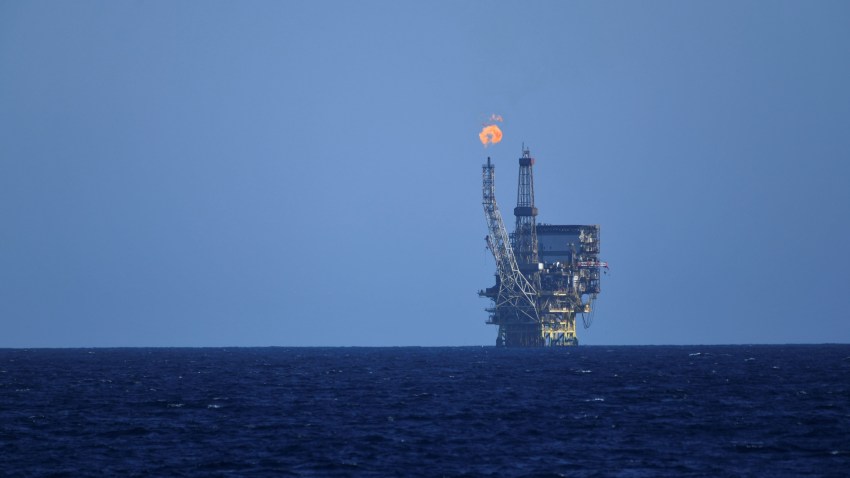Thirteen years have passed since Libya’s pivotal Arab Spring uprising in February 2011, yet the nation still finds itself ensnared in a web of political discord, rampant corruption and ascendant militias that have effectively transformed into quasi-state actors. Amid this fragmented landscape, European governments are seeking to deepen their oil and gas partnerships with Libya, largely to diversify away from Russian energy supplies. Yet by neglecting these internal factors, they may jeopardize their own objectives as well as Libya’s own path to political stability and economic recovery.
In a stark reminder of its precarious state, the United Nations special envoy to Libya, Abdoulaye Bathily, recently warned the Security Council that the country is teetering on the brink of “disintegration.” He urged rival factions within the country to put aside “their interests” and pursue a collective effort “to restore the dignity of their homeland.”
Libya’s predicament is due to the political deadlock between its rival governments in Tripoli in the west and Sirte in the east. Though violence has been minimal since a U.N.-brokered cease-fire in October 2020, their standoff has delayed elections to unify the government that were originally slated for December 2021. In the meantime, the country’s state of limbo has hamstrung its prospects for progress and growth.

